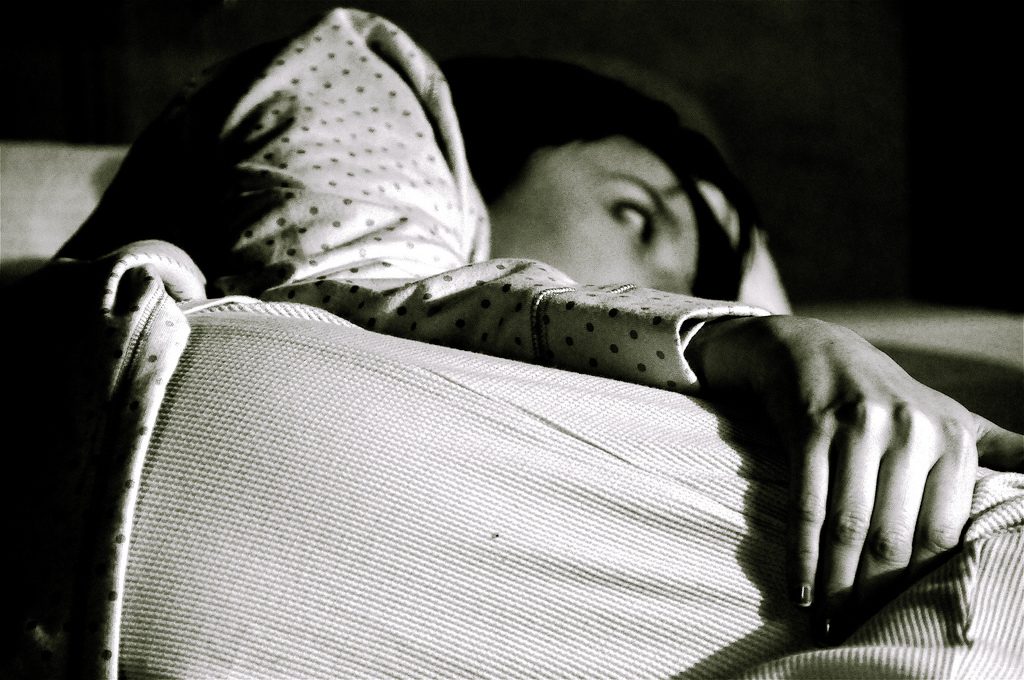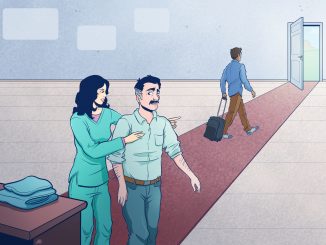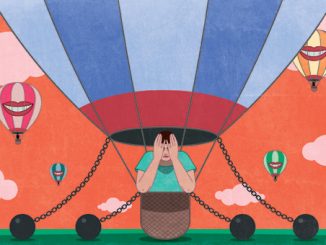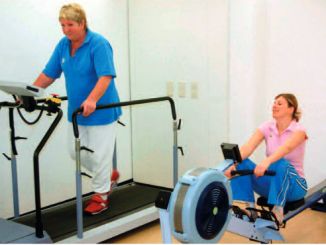Acupuncture and cognitive behavioral therapy for insomnia (CBT-I) can improve insomnia severity beyond traditional medicine, and have lasting effects, according to a study – funded by the Patient-Centered Outcomes Research Institute (PCORI) – that will be presented in June at the upcoming 2018 American Society of Clinical Oncology Annual Meeting in Chicago.

The researchers analyzed 160 post-treatment cancer survivors with clinically diagnosed insomnia disorder. The survivors had completed cancer treatment for breast, prostate, head and neck, hematologic, or colorectal cancer, and the mean time since their diagnosis was about six years. They were randomly assigned to receive either CBT-I or acupuncture for eight weeks, with a subsequent follow up assessment at 20 weeks: those who received CBT-I, a form of psychotherapy, focused on re-establishing a good sleep behavior limiting activities performed in bed to only sleep and sexual activity and promoting a good sleep hygiene (i.e. avoiding tablets and cellphones). Those who received acupuncture had needles placed at a pre-determined set of points on the body traditionally associated to sleep, pain, and depression. Reduction in insomnia severity was measured by the Insomnia Severity Index (ISI): this index is a self-report questionnaire which rates seven different issues such as difficulty falling asleep and staying asleep, and the impact of insomnia on daily functioning and quality of life. People rate each item, yielding a total score ranging from 0 to 28: having a result of 0-7 is considered as no clinically significant insomnia, 8-14 as mild insomnia, 15-21 as moderate insomnia, and 22-28 as severe insomnia. After eight weeks, average insomnia severity scores fell both for those who received CBT-I and for those who received acupuncture treatments, but CBT-I treatment results to be more effective. People with mild insomnia had more improvements with CBT-I than with acupuncture, but patients with moderate or severe insomnia had similar response rates. All survivors maintained improvement in insomnia up to 20 weeks after the start of the trial and both groups also had similar improvement in variables that the researchers associated with quality of life in physical and mental health.
“Up to 60% of cancer survivors have some form of insomnia, but it is often underdiagnosed and undertreated,” said lead study author Jun J. Mao, MD, Chief of the Integrative Medicine Service at the Memorial Sloan Kettering Cancer Center, New York. “Our trial showed that both CBT-I and acupuncture were effective in treating moderate to severe insomnia, although CBT-I was more effective for those with mild symptoms of insomnia. Now patients have more choices to manage their insomnia.”





